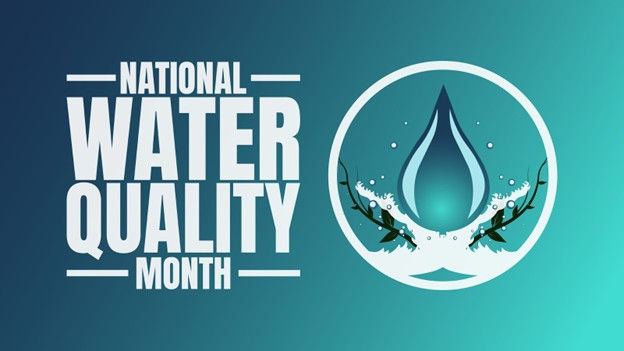Asbestos-Covered Boilers “The Snowman Boiler”
- Cosmic Property Inspections
- Aug 21, 2023
- 3 min read
Updated: Jul 8, 2025

In the realm of old homes and industrial structures, a charming yet treacherous figure lurks behind walls and ceilings—the enigmatic "snowman" boiler. Cloaked in a white, fibrous coating resembling its frosty namesake, this vintage heating system exudes warmth and nostalgia. However, beneath its seemingly innocent exterior lies a lurking danger that often goes unnoticed: asbestos. In this blog post, we embark on a journey to explore the history, dangers, and precautions surrounding these outdated asbestos-covered boilers, shedding light on the imperative need for awareness and safe handling practices.
Back in the mid-20th century, the "snowman" boiler was a common sight in homes and commercial buildings alike. The name "snowman" stemmed from its distinct appearance—wrapped in a white, fibrous coating resembling the frosty figure. The material responsible for this look was asbestos, once celebrated for its heat-resistant and insulating properties.
Asbestos was widely used in construction and manufacturing until its health hazards were discovered. Its fibers, when released into the air and inhaled, can lead to severe respiratory issues, including lung cancer, mesothelioma, and asbestosis. Despite the known risks, asbestos-coated boilers continued to be installed and used for decades.
The primary concern associated with asbestos-covered boilers lies in their gradual deterioration. Over time, the asbestos fibers may become friable, turning into a powdery state that can easily release harmful particles into the air. These microscopic fibers are virtually invisible, making them easy to inhale unknowingly. Asbestos exposure does not exhibit immediate symptoms, often taking several years or even decades for health problems to surface.
If your property was built before the 1980s and still has its original boiler, there's a higher likelihood that it may be covered in asbestos. In such cases, it's crucial to seek professional help to perform an inspection and conduct necessary tests to determine if asbestos is present.

Confirmation of asbestos presence necessitates testing. The mere resemblance of a material to asbestos does not guarantee its composition. An instance during a recent home inspection exemplifies this: an aged operational boiler, though outwardly resembling asbestos, was confirmed to have undergone asbestos removal. Subsequently, an alternative insulation material was applied. An accompanying image displays this replacement product on the right side. It is imperative to consistently conduct testing to accurately discern the asbestos content of materials.
The cost for the removal of an asbestos-covered boiler, like a snowman boiler, can vary significantly depending on various factors. These factors include the size of the boiler, the extent of asbestos contamination, the location of the boiler (easy access vs. confined spaces), local labor and disposal costs, and the specific regulations in your area.
On average, asbestos removal costs can range from $1,500 to $4,000 or more. However, it's essential to remember that this is just an estimate, and the actual cost could be higher or lower based on the unique circumstances of each situation.
Additional costs may also be incurred if asbestos-containing materials are found in other parts of the property during the inspection or removal process. Proper containment, disposal, and following safety protocols all contribute to the final cost.
To get an accurate quote for the removal of an asbestos-covered boiler, it is best to contact licensed asbestos removal professionals in your area. They can assess your specific situation, provide a detailed cost estimate, and ensure the safe and legal removal of the hazardous material. Keep in mind that it is crucial not to attempt to remove asbestos on your own due to the associated health risks and legal implications. Always seek help from trained and certified professionals to handle asbestos safely and efficiently.
To eliminate the dangers posed by an asbestos-covered boiler, consider modernizing your heating system. Several eco-friendly and energy-efficient options are available today that can not only ensure your safety but also reduce your energy bills. Consult with HVAC professionals to find the most suitable and cost-effective heating solution for your home or business.
The snowman boiler may evoke nostalgic charm but hidden beneath its exterior lies a potential threat to human health. Asbestos-covered boilers, relics of the past, require careful consideration and action. If you suspect asbestos in your heating system, seek professional inspection and safe removal. By doing so, you safeguard your loved ones and contribute to a safer living environment for future generations. Let's bid farewell to snowman boilers and embrace a safer, healthier, and more environmentally friendly future.
For more information about products that contain asbestos -lanierlawfirm.com/mesothelioma/asbestos-exposure/products/



